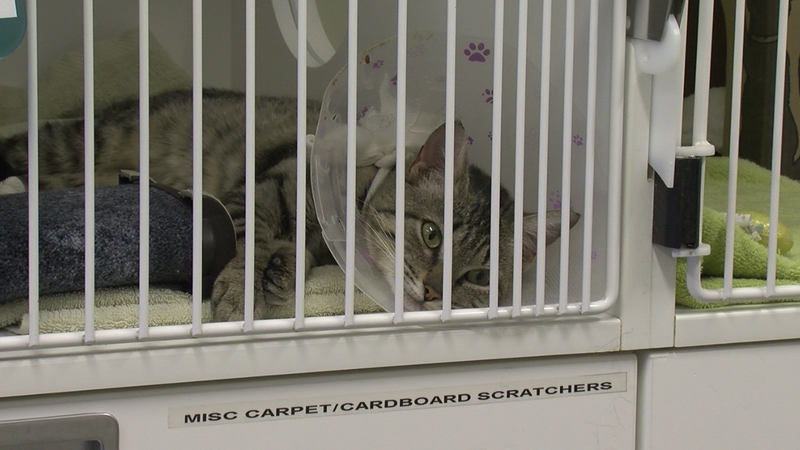
BC SPCA brings back low income spay/neuter program as Kamloops sees overpopulation of cats
KAMLOOPS — The BC SPCA is bringing back its Low Income Spay Neuter Program. Cats from low income families will receive a spay or neuter surgery, primary vaccines and will be microchipped for only $20.
“We did a community assessment in 2019, and what we found was that people are not spay or neutering their cats because they’re not aware of the importance of it, and because of the financial barriers,” said Ashley Fontaine, community engagement manager at the Kamloops BC SPCA.
Kamloops has the highest feline intake, collecting 78 per cent of all cats taken in at BC SPCA locations.


